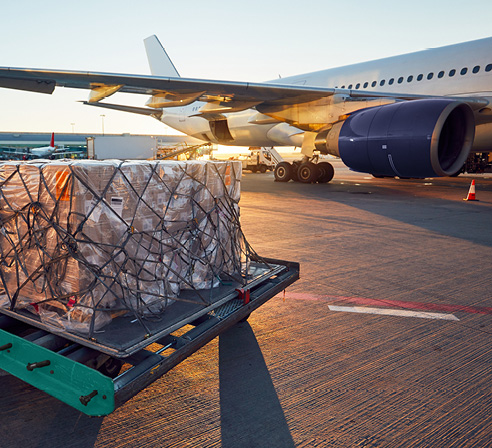Global trade has always been about connection — people, cultures, and ideas moving alongside the goods that fuel our world. In recent years, the logistics industry has quietly become the invisible bridge holding this global community together.
Every product on a shelf tells a story of coordination. From the manufacturing floors in China to the warehouses in Europe or the U.S., countless logistics professionals ensure that items arrive on time, safely, and efficiently. Yet, most people never think about the complex systems behind that simple click of “Buy Now.”
The Art of Global Coordination
Modern logistics isn’t only about transportation. It’s about understanding time zones, regulations, and the rhythm of international trade. Freight forwarders, customs brokers, and carriers operate as a synchronized orchestra — where precision and timing matter more than ever.
Digital transformation has made this coordination smarter. Automation, real-time tracking, and predictive data now guide logistics decisions, helping companies reduce waste, improve delivery accuracy, and cut costs. The world moves faster because data now travels faster.
The Human Side of Freight
Behind every shipment, there are human decisions — professionals balancing urgency, risk, and responsibility. In times of crisis, such as pandemic disruptions or port delays, these experts adapt routes, find new carriers, and ensure critical goods still reach where they’re needed most.
That’s why forwarders today are more than middlemen; they are partners in resilience. They make global commerce not only possible but also reliable.
China’s Role in the Global Supply Chain
China’s logistics ecosystem has transformed into one of the most advanced in the world. With world-class seaports, air hubs, and digital customs systems, Chinese freight forwarders now serve as the backbone for many global trade routes.
Companies like Top China Forwarder illustrate this progress by offering integrated FCL and air freight solutions that connect Asia with Europe, North America, and beyond. Their expertise reduces uncertainty for importers while ensuring faster, smoother deliveries across continents.
Sustainability and the Future
Efficiency is no longer the only goal — sustainability is. The logistics industry is now under pressure to balance global trade with environmental responsibility. Innovations such as route optimization, green fuel, and paperless customs are helping reduce carbon footprints while maintaining operational speed.
As technology evolves, so does awareness. The next generation of freight professionals must understand both the numbers and the impact — not just how to move goods, but how to move them better.
Why Logistics Connects Us All
In the end, logistics is not only a business function — it’s a story of connection. It unites economies, empowers small businesses, and brings communities closer. Every shipment, no matter how small, is a symbol of trust and collaboration between people separated by oceans.
Global logistics reminds us that we are all part of one interconnected system — a system that thrives when cooperation replaces competition, and precision meets purpose.
Author Bio:
Clara is an operations specialist at Top China Forwarder, providing integrated FCL and air freight solutions from China to global destinations.





Comments